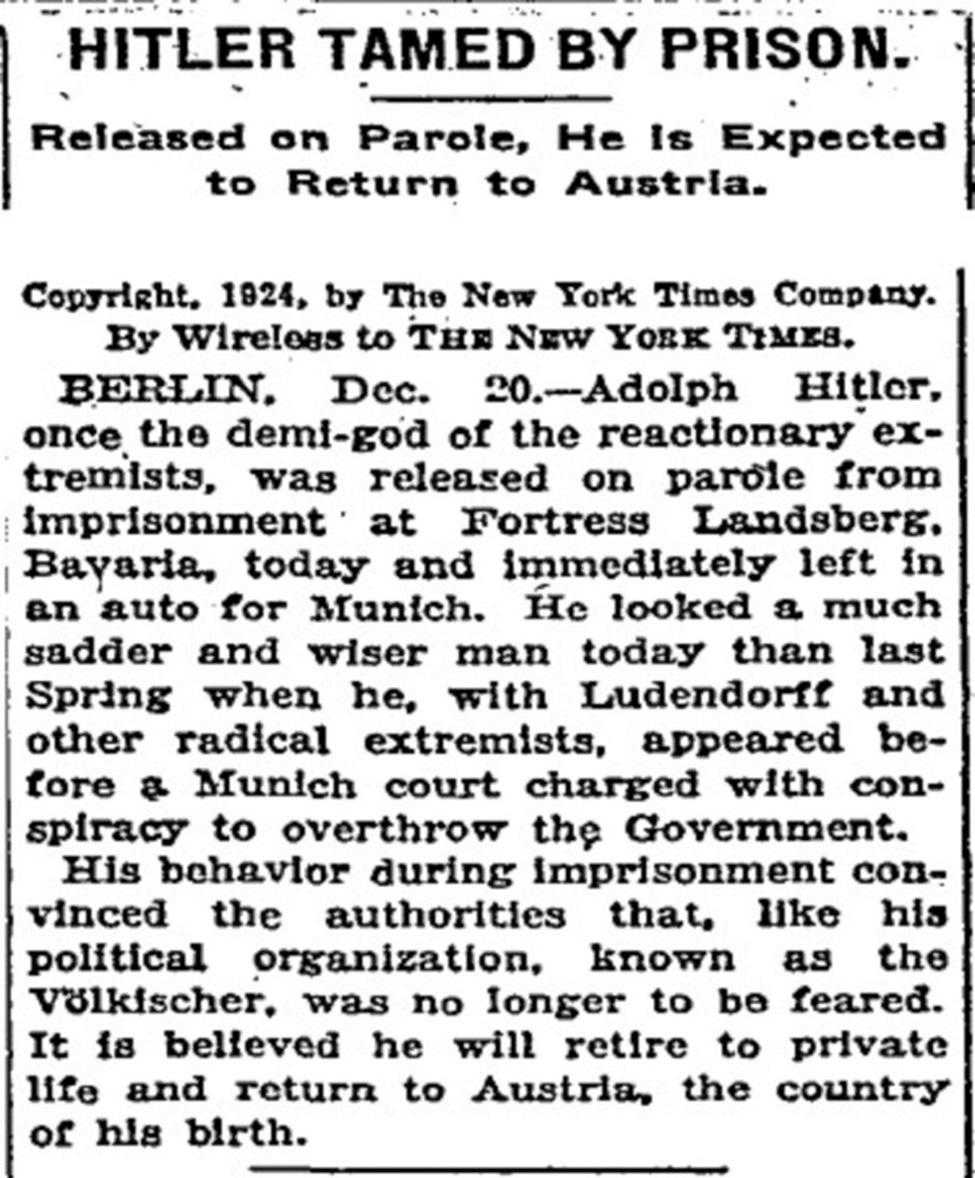
“A Piece of My Mind”
November 2023 Newsletter
Advancing Christian Faith and Values,
Defending Religious Liberty for All,
Supporting Civility and the Common Good
through Preaching, Teaching, Writing,
Activism and Reasoned Conversations

 In this special, favorite Season of the Year, I’m thankful for…
In this special, favorite Season of the Year, I’m thankful for…
Our Father in Heaven,
and Jesus Christ his Son, our Lord.
My Wife and Family.
By grace, my Opportunity to have
55 years of Ministry.
My Country and its Freedoms
My Church, its Fellowship and Ministries
The Privilege of Living “here today”
The Hope, by Faith, in a Future of Peace and Justice, especially one with Jesus.
Bible Insight – Atrocities and Universal Law
Amos 1:1 –2:3
[NOTES: The scripture being used is graphic.
The described atrocities are in BOLD.]
The word of Amos…
“The Lord roars from Zion
and utters his voice from Jerusalem;
the pastures of the shepherds mourn,
and the top of Carmel withers.”
Thus says the Lord:
“For three transgressions of Damascus,
and for four, I will not revoke the punishment,
because they have threshed Gilead
with threshing sledges of iron.
So I will send a fire upon the house of Hazael,
and it shall devour the strongholds of Ben-hadad.
I will break the gate-bar of Damascus,
and cut off the inhabitants from the Valley of Aven
and him who holds the scepter from Beth-eden;
and the people of Syria shall go into exile to Kir,”
says the Lord.
Thus says the Lord:
“For three transgressions of Gaza,
and for four, I will not revoke the punishment,
because they carried into exile a whole people
to deliver them up to Edom.
So I will send a fire upon the wall of Gaza,
and it shall devour her strongholds.
I will cut off the inhabitants from Ashdod,
and him who holds the scepter from Ashkelon;
I will turn my hand against Ekron,
and the remnant of the Philistines shall perish,”
says the Lord God.
Thus says the Lord:
“For three transgressions of Tyre,
and for four, I will not revoke the punishment,
because they delivered up a whole people to Edom,
and did not remember the covenant of brotherhood.
So I will send a fire upon the wall of Tyre,
and it shall devour her strongholds.”
Thus says the Lord:
“For three transgressions of Edom,
and for four, I will not revoke the punishment,
because he pursued his brother with the sword
and cast off all pity,
and his anger tore perpetually,
and he kept his wrath forever.
So I will send a fire upon Teman,
and it shall devour the strongholds of Bozrah.”
Thus says the Lord:
“For three transgressions of the Ammonites,
and for four, I will not revoke the punishment,
because they have ripped open pregnant women in Gilead,
that they might enlarge their border.
So I will kindle a fire in the wall of Rabbah,
and it shall devour her strongholds,
with shouting on the day of battle,
with a tempest in the day of the whirlwind;
and their king shall go into exile,
he and his princes[e] together,”
says the Lord.
Thus says the Lord:
“For three transgressions of Moab,
and for four, I will not revoke the punishment,
because he burned to lime
the bones of the king of Edom.
So I will send a fire upon Moab,
and it shall devour the strongholds of Kerioth,
and Moab shall die amid uproar,
amid shouting and the sound of the trumpet;
I will cut off the ruler from its midst,
and will kill all its princes[g] with him,”
says the Lord.
– Amos 1:1 – 2:3
This scripture came to mind as I listen to news reports about the attacks by Hamas against Israel. I don’t need to enumerate here the terrible atrocities in order to get my points across. They are well reported.
For the record, any atrocities committed by Israel as it responds to Hamas’ attacks, the words of Amos would be equally applicable.
The Prophet Amos (8th century BC) spoke to the Kingdom of Israel on themes of justice. Some important points on this scripture and its value for today:
1. Amos did not appeal to the written Law of God (the Law of Moses) in his condemnations of the nations that surrounded Israel.
2. Instead, Amos condemns this list of atrocities because they violated the sense of right and wrong that God bestows on the human heart apart from prophetic words or inspired scripture.
3. Some might say the atrocities violated Natural Law. Today we would call them “crimes against humanity” or use similar words.
4. After these statements of judgment on Israel’s surrounding neighbors, Amos directed words of judgment against Judah and against Israel. They failed to keep the written Law of the Lord and failed to live as people redeemed by God from slavery and oppression.
So God judges people and nations who do not possess his Written Law by the law written on the human conscience. And God judges those who possess his Written Law by the standards written in that law.
“All who sin apart from the law will also perish apart from the law, and all who sin under the law will be judged by the law” (Romans 2:12). The topic of accountability and guilt before God even if one does not possess God’s written law is discussed by the Apostle Paul extensively in Romans 1:18-32.
THE “JUST WAR”
“Just War” theory sets forth four criteria that must be met for a war to be considered as morally justifiable:
1. COMPETENT AUTHORITY recognized by nations and with a system of justice
2. JUST CAUSE such as imminent danger or need to protect innocent lives
3. PROBABILITY OF SUCCESS of the aims that constitute a just cause
4. LAST RESORT after reasonable peaceful efforts have been exhausted
Some argue that PREEMPTIVE WAR may be justified if it is a last resort for preventing hostilities from another.
Three sequential features of a “Just War” –
(1) Just reasons for commencing war (jus ad bello) must be followed by:
(2) Just conduct in the midst of war (jus in bello) such as using measured violent force necessary to accomplish a just end of hostilities, not directing war against non-combatants, and humane treatment of prisoners of war, followed by:
(3) Just aftermath to war (jus post bello) such as prosecution for war crimes, reconstruction, restitution, remediation of the effects of war (removal of land mines—a major example), return of prisoners, and establishment of just structures that might prevent future conflict.
100 YEARS AGO –
The Battle that Failed. Or did it?
History does not present the “what if” alternatives to us for our analysis,
so we can compare and decide.
What if Adolf Hitler had been shot by Private Henry Tandey, a British solder who allegedly encountered him in France on September 28, 1918? Instead, Tandey let this unknown, wounded German soldier escape.
What if Adolf Hitler had been killed during the Beer Hall Putsch in Munich on November 8-9, 1923, or given a long prison sentence?
After World War 1, Germany was reeling from weak government and burdensome reparations. German pride was in tatters. It would take critical circumstances plus a dramatic person who could promise the German people freedom from shame, Aryan pride, and a renewed sense of power and destiny. That person would be Austrian-born (1889) Adolph Hitler.
 In what became known as the “Beer Hall Putsch,” Hitler led 2000 Nazi supporters in November 1923 on a mission to gain control of Munich. From there they hoped to generate an insurrection in Germany against the weak Weimar Republic.
In what became known as the “Beer Hall Putsch,” Hitler led 2000 Nazi supporters in November 1923 on a mission to gain control of Munich. From there they hoped to generate an insurrection in Germany against the weak Weimar Republic.
The “putsch” failed. Sixteen Nazis were killed. Hitler was arrested, tried for treason and imprisoned. The putsch and trial brought his name to prominence in Germany and much of the world. While in prison he wrote Mein Kampf (“My Struggle”), with its anti-Semitism, political ideology and future goals. Just nine months into his 5-year sentence he was deemed to be no longer a threat and was released [See next page].
Nine months in prison for treason, where he can write a world-affecting book! Ten years later Hitler is elected Chancellor, then Führer from 1934 until his death with Germany in ruins (1945). The NY Times column written in December of 1924 competes for worst prognostication ever!

– The New York Times, December 21, 1924
Sunday, November 5 –
Day of Prayer for Persecuted Christians
Intercessory Prayer Needed—Now More than Ever
First of all, then, I urge that supplications, prayers, intercessions, and thanksgivings be made for all people, for kings and all who are in high positions, that we may lead a peaceful and quiet life, godly and dignified in every way. This is good, and it is pleasing in the sight of God our Savior, who desires all people to be saved and to come to the knowledge of the truth. – 1 Timothy 2:1-4 ESV
On an October Sunday extensive time was taken during worship services at my church for intercessory prayer that focused on the pending conflict between Israel and Hamas. Singing directed our thoughts to God’s rule of justice and peace. I left the service quite uplifted and with the assurance we who gathered had done what God called us to do.
I think it’s fair to observe that some contemporary theories on worship services have focused on how to be “seeker sensitive,” how to provide the “WOW!” factor, and how to make everyone feel comfortable, even anonymous. The programming of services to these ends has made an orphan of Intercessory Prayer. Gone is collective prayer for a needy world.
And that’s a shame. In fact, it’s patently unbiblical, and displeases our Lord.
In this section of his epistle The Apostle Paul gives directions for proper conduct and decorum in the gatherings that we today call “Church” (please read the whole 1 Timothy 2 chapter for context and lessons).
• Intercessory prayer is so important that Paul introduces his words with “First of all.” Intercessory prayer in our church services should be a priority of the first order!
• Intercessory prayer is in behalf of rulers who are not Christians. God is able to work out his principles of “common grace” (such as justice and peace) through the actions of those who do not acknowledge him.
• Intercessory prayer has a goal: creation of peaceful circumstances that allow people to live in safety, and especially for Christians to live in quietness and peace, living godly and dignified lives, and for the Christian faith to flourish.
 A Litany of Thanksgiving
A Litany of Thanksgiving
from the
Book of Common Prayer
Let us give thanks to God our Father for all his gifts so freely bestowed upon us.
For the beauty and wonder of your creation, in earth and sky and sea,
We thank you, Lord.
For all that is gracious in the lives of men and women, revealing the image of Christ,
We thank you, Lord.
For our daily food and drink, our homes and families, and our friends,
We thank you, Lord.
For minds to think, and hearts to love, and hands to serve,
We thank you, Lord.
For health and strength to work, and leisure to rest and play,
We thank you, Lord.
For the brave and courageous, who are patient in suffering and faithful in adversity,
We thank you, Lord.
For all valiant seekers after truth, liberty, and justice,
We thank you, Lord.
For the communion of saints, in all times and places,
We thank you, Lord.
Above all, we give you thanks for the great mercies and promises given to us in Christ Jesus our Lord:
To him be praise and glory, with you, O Father, and the Holy Spirit,
now and forever. Amen.
 Have You Seen One of These?
Have You Seen One of These?
A restaurant near our home now has robots moving amongst the tables delivering food from the kitchen.
I assume the robot detects when people are walking near it or blocking its way, or if someone is pushing back their chair as it moves to its appointed destiny.
And unlike recent experiences in Covid and post-Covid California, robots don’t demand raises and they don’t refuse to go back to work. And they don’t expect tips.
www.donaldshoemakerministries.com
Don has been a member of the clergy in the Long Beach, California area since 1970. He now serves as Pastor Emeritus of Grace Community Church of Seal Beach (where he was senior pastor 1984-2012) and as Senior Chaplain of the Seal Beach Police Department (2001+). He previously was an assistant professor of Biblical Studies at Biola University (1976-84) and chaired the Social Concerns Committee in the Fellowship of Grace Brethren Churches from 1985 to 2019.
His graduate work includes a Master of Divinity magna cum laude from Grace Theological Seminary, a Master of Theology from Fuller Theological Seminary with a concentration in Christian ethics, and a Doctor of Ministry from American Baptist Seminary of the West (now Berkeley School of Theology) with a concentration on the Charismatic Movement. His law school studies included a course on the First Amendment. He and his wife Mary have been married for 57 years. They have two children and six grandchildren.
© 2023 Donald P. Shoemaker

